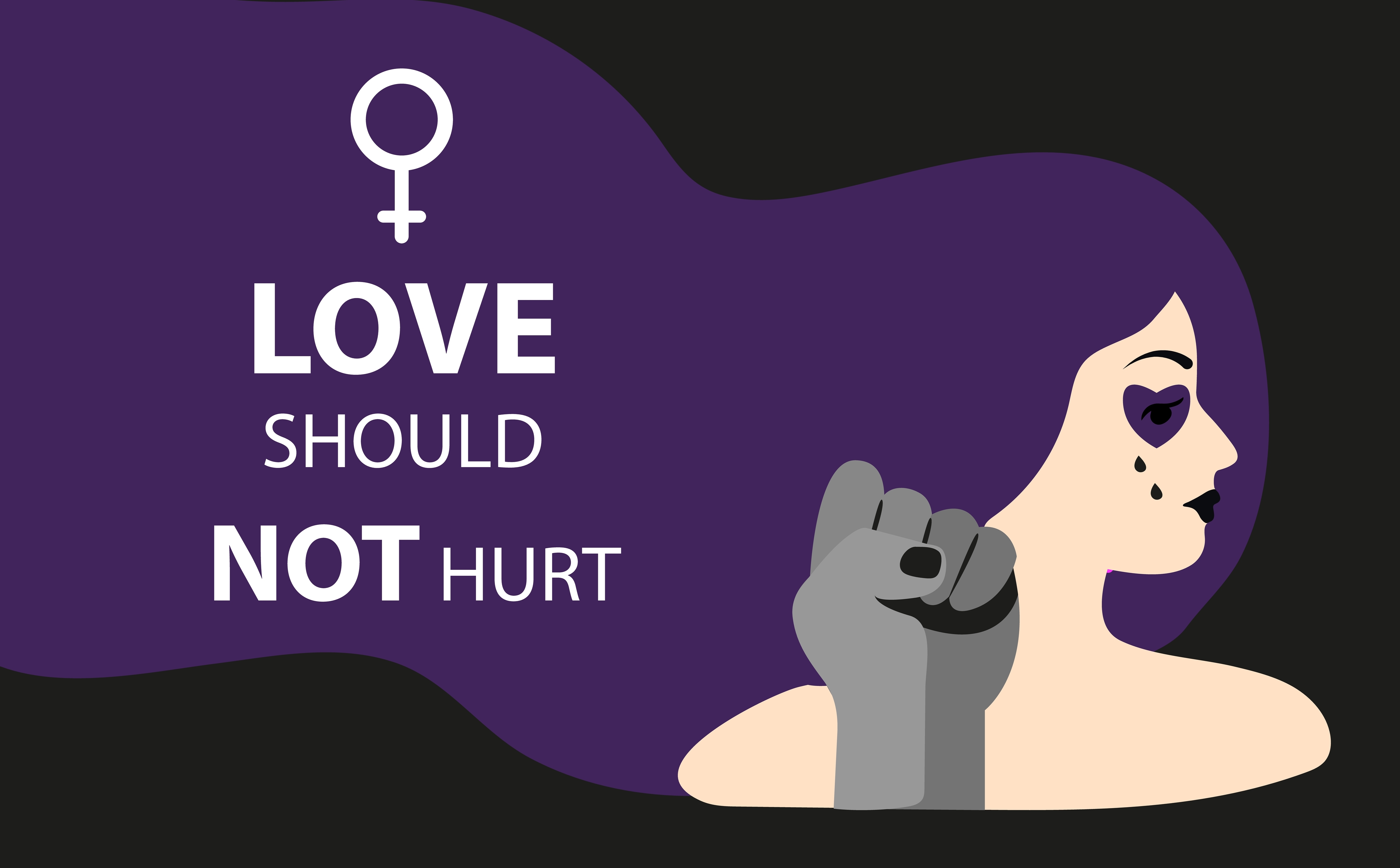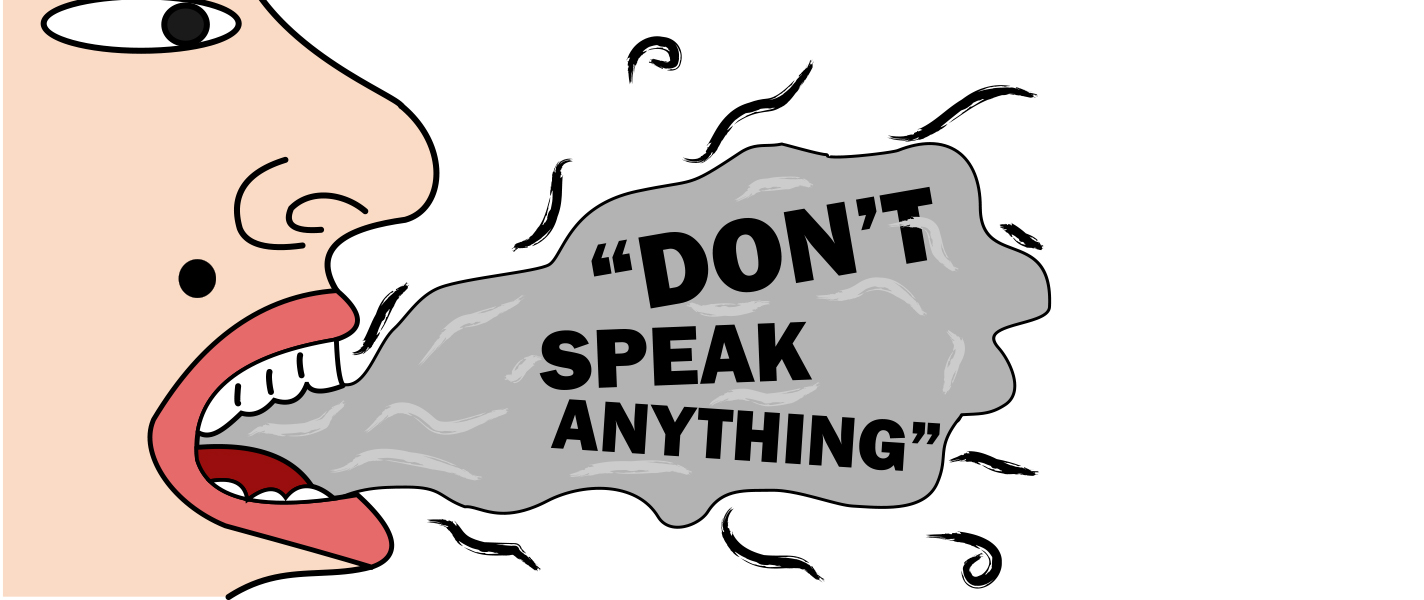Imposter Syndrome Still Lives and Breathes Amongst Women in The Workplace
We live in a world where bias runs deep, and societal conditioning is the name of the game. Therefore, it comes as no surprise that a whopping number of women, at one point or another have lived through an immense feeling of inadequacy at their workplace, or as it is popularly referred to as, ‘Imposter Syndrome’.
This isn’t just another tag or a fleeting moment; for some, it is a workplace death sentence that begins and ends in raging self-doubt. Imposter syndrome, to put it mildly, is an excruciating condition of feeling anxious and internally second-guessing every bit of success that is achieved. This condition works almost as though you have a little voice in your head which reminds you of false inadequacies, which results in feeling like a fraud when you’re not.
Imposter syndrome secretly fuels a smoke of self-doubt, and where there’s smoke there’s fire. One known fact about imposter syndrome is that a large majority of people, in general, have grappled with the unfortunate feeling at some point in their personal and work lives. However, today we set our sights on the experiences of women in the workplace and why imposter syndrome still lives and breathes in a space where it should be extinct.
Understanding Why Imposter Syndrome Affects the Working Woman
According to a KPMG study, 75% of female executives across various industries have experienced imposter syndrome in their careers. This number accounts for women in top leadership positions, but what happens when women of lower career levels are thrown into the mix? The ugly truth is that we constantly doubt our abilities and think of ourselves as frauds even when we have little and big wins to our name. This begs the question, “Why does this feeling creep in when we have the education, qualifications, and talent to back us up?”
One root cause of imposter syndrome that sneaks up on women in the workplace is the undying need to prove your worth. The common denominator here is the plight that comes with being a woman in a modern world, the plight of sexism that tells women they can have it all but the minute they begin to aim higher, they are pulled back down, and then there’s the plight that says women can be leaders too, let’s make room for them. However, the moment women earn a seat at the table, it becomes a question of, “Can she really lead? Women are too emotional.” All these plights, and let’s not forget the proverbial tale of wage disparities between men and women in the workplace, are factors at play here, but they aren’t the only factors.
Imposter syndrome can also seep in as a result of personal life experiences such as the feeling of low self-esteem that could have been borne at an early age. Low self-esteem comes with its own fair share of imposter syndrome that plays out as you become older and step into the workforce. It comes with an overwhelming sense of not belonging in every space you enter, including the workplace. This feeling sinks deep down under the mind to the extent that your achievements are just never enough, and to the point where you begin to wonder why you were hired in the first place, and why you haven’t been fired yet.
Imposter syndrome is not classified as a mental disorder. It is a phenomenon that transcends all reason and logic as it chirps away at your confidence little by little until you have nothing left; the key here is to not let it.
Overcoming Imposter Syndrome Is Not an Impossible Feat
The truth of the matter is, that when women are faced with the unnerving feeling of imposter syndrome, they tend to work even harder to prove themselves, and this could be to get that feeling of validation from employers or members of their workplace in general.
When dealing with imposter syndrome, the trick is to remember that this happens to more women than we realize, therefore no one is ever alone in it. That undeserving feeling and anxiety in the workplace has been lived through by millions of women. In fact, to cast the net even wider, studies have shown that 62% of employees globally experience imposter syndrome.
One key factor to overcome the case of imposter syndrome would be to separate fact from fiction, let’s say you just got a glowing review, but a little voice says, “It’s not good enough, you’re not good enough.” Focus on the facts of your glowing review and shut the little voice out. Another major way to curb this syndrome would be to have a supportive team at work. Unfortunately for some, the lack of a conducive work environment and team is what creates the situation in the first place. In cases like this, a work buddy that understands the situation can keep you grounded.
Why Women and Not Men?
Don’t get it wrong, Imposter syndrome doesn’t target only women in the workplace, it could happen to anyone anywhere. However, it isn’t a lost cause to say women are more susceptible to this condition, especially in workplaces that still function with a patriarchal mindset.
To make it very clear, no research says women are affected more than men when it comes to imposter syndrome. However, women are more likely to suffer from it than men, because of situations such as bias, inequality, and unrealistic societal expectations that come with the workplace environment. This case in point explains why women tend to downplay their accomplishments and internalize fears of feeling less than even when they’re beyond qualified.
One thing research does point out is that imposter syndrome affects women differently than it does men. With women, this syndrome sends them into overdrive to prove their worth, causing the stress and anxiety that comes with it to skyrocket even more. It’s tough to get into the why and how of imposter syndrome across all boards among so many qualified women in the workplace. It’s a mind warp to think that such several highly powerful women question their ability and power but by recognizing imposter syndrome for the usurper it is, you can take your power back. The solution for imposter syndrome doesn’t lie in the individual alone, there’s an urgent need for workplaces to create a healthy work environment that negates any form of bias towards its female employees
We live in a world where bias runs deep, and societal conditioning is the name of the game. Therefore, it comes as no surprise that a whopping number of women, at one point or another have lived through an immense feeling of inadequacy at their workplace, or as it is popularly referred to as, ‘Imposter Syndrome’.
This isn’t just another tag or a fleeting moment; for some, it is a workplace death sentence that begins and ends in raging self-doubt. Imposter syndrome, to put it mildly, is an excruciating condition of feeling anxious and internally second-guessing every bit of success that is achieved. This condition works almost as though you have a little voice in your head which reminds you of false inadequacies, which results in feeling like a fraud when you’re not.
Imposter syndrome secretly fuels a smoke of self-doubt, and where there’s smoke there’s fire. One known fact about imposter syndrome is that a large majority of people, in general, have grappled with the unfortunate feeling at some point in their personal and work lives. However, today we set our sights on the experiences of women in the workplace and why imposter syndrome still lives and breathes in a space where it should be extinct.
Understanding Why Imposter Syndrome Affects the Working Woman
According to a KPMG study, 75% of female executives across various industries have experienced imposter syndrome in their careers. This number accounts for women in top leadership positions, but what happens when women of lower career levels are thrown into the mix? The ugly truth is that we constantly doubt our abilities and think of ourselves as frauds even when we have little and big wins to our name. This begs the question, “Why does this feeling creep in when we have the education, qualifications, and talent to back us up?”
One root cause of imposter syndrome that sneaks up on women in the workplace is the undying need to prove your worth. The common denominator here is the plight that comes with being a woman in a modern world, the plight of sexism that tells women they can have it all but the minute they begin to aim higher, they are pulled back down, and then there’s the plight that says women can be leaders too, let’s make room for them. However, the moment women earn a seat at the table, it becomes a question of, “Can she really lead? Women are too emotional.” All these plights, and let’s not forget the proverbial tale of wage disparities between men and women in the workplace, are factors at play here, but they aren’t the only factors.
Imposter syndrome can also seep in as a result of personal life experiences such as the feeling of low self-esteem that could have been borne at an early age. Low self-esteem comes with its own fair share of imposter syndrome that plays out as you become older and step into the workforce. It comes with an overwhelming sense of not belonging in every space you enter, including the workplace. This feeling sinks deep down under the mind to the extent that your achievements are just never enough, and to the point where you begin to wonder why you were hired in the first place, and why you haven’t been fired yet.
Imposter syndrome is not classified as a mental disorder. It is a phenomenon that transcends all reason and logic as it chirps away at your confidence little by little until you have nothing left; the key here is to not let it.
Overcoming Imposter Syndrome Is Not an Impossible Feat
The truth of the matter is, that when women are faced with the unnerving feeling of imposter syndrome, they tend to work even harder to prove themselves, and this could be to get that feeling of validation from employers or members of their workplace in general.
When dealing with imposter syndrome, the trick is to remember that this happens to more women than we realize, therefore no one is ever alone in it. That undeserving feeling and anxiety in the workplace has been lived through by millions of women. In fact, to cast the net even wider, studies have shown that 62% of employees globally experience imposter syndrome.
One key factor to overcome the case of imposter syndrome would be to separate fact from fiction, let’s say you just got a glowing review, but a little voice says, “It’s not good enough, you’re not good enough.” Focus on the facts of your glowing review and shut the little voice out. Another major way to curb this syndrome would be to have a supportive team at work. Unfortunately for some, the lack of a conducive work environment and team is what creates the situation in the first place. In cases like this, a work buddy that understands the situation can keep you grounded.
Why Women and Not Men?
Don’t get it wrong, Imposter syndrome doesn’t target only women in the workplace, it could happen to anyone anywhere. However, it isn’t a lost cause to say women are more susceptible to this condition, especially in workplaces that still function with a patriarchal mindset.
To make it very clear, no research says women are affected more than men when it comes to imposter syndrome. However, women are more likely to suffer from it than men, because of situations such as bias, inequality, and unrealistic societal expectations that come with the workplace environment. This case in point explains why women tend to downplay their accomplishments and internalize fears of feeling less than even when they’re beyond qualified.
One thing research does point out is that imposter syndrome affects women differently than it does men. With women, this syndrome sends them into overdrive to prove their worth, causing the stress and anxiety that comes with it to skyrocket even more. It’s tough to get into the why and how of imposter syndrome across all boards among so many qualified women in the workplace. It’s a mind warp to think that such several highly powerful women question their ability and power but by recognizing imposter syndrome for the usurper it is, you can take your power back. The solution for imposter syndrome doesn’t lie in the individual alone, there’s an urgent need for workplaces to create a healthy work environment that negates any form of bias towards its female employees.

























































































